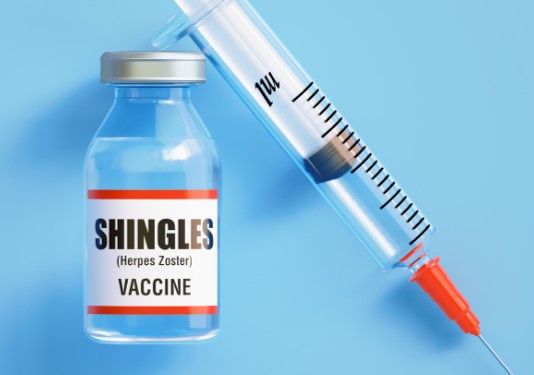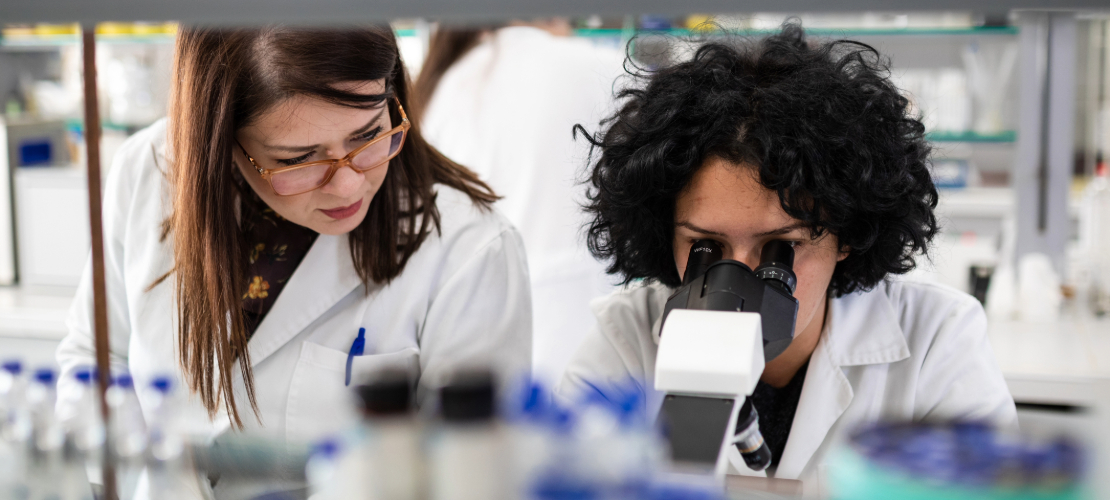From olive oil-derived drugs to a digital app for stroke, we take a look at some key breakthroughs in 2024 from the NIHR
Health and care research is a team effort. It brings together people with health conditions alongside healthy volunteers. As well as dedicated staff like nurses, doctors and scientists.
Research studies help to drive improvements in care for us all. Sometimes that means small but important refinements to treatment guidelines. Or changes in the way technology is used in healthcare.
Other times, research delivers game-changing breakthroughs that transform lives and create healthier communities. At the National Institute for Health and Care Research (NIHR), this kind of progress is happening all the time.
Here, we highlight a few standout studies that have made waves in 2024.
Olive oil-derived drug offers hope for brain cancer
A new drug derived from olive oil is showing early promise for patients with glioblastoma, an aggressive form of brain cancer. The drug, called 2-OHOA, helps stop cancer cells from growing by changing their structure.
In a small trial, 24% of patients responded to the treatment, with one patient surviving for three years. That is rare for this type of cancer. The drug is taken as a daily sachet and could offer new hope for people with glioblastoma. A larger trial is now underway to see if these results can be confirmed.
"Glioblastoma is an incredibly difficult disease to treat. There hasn’t been an effective new treatment in nearly two decades, so drug development urgently needs to be accelerated."
- Dr Juanita Lopez, Consultant Medical Oncologist
New treatment approach for severe depression
Depression is the leading cause of disability worldwide. Around a third of patients don’t respond to antidepressants and therapy.
A groundbreaking trial has shown that a new treatment can provide lasting relief for people with severe depression. It uses MRI scans to precisely target brain areas with magnetic stimulation.
The BRIGhTMIND study assessed this non-invasive treatment over a 4-6 week period. Two-thirds of participants improved, with a fifth achieving remission for at least six months. This innovative approach is now being adopted by NHS trusts across England.
.jpg)
Digital app transforms speech recovery after stroke
Stroke can leave survivors with a wide range of challenges, including difficulty speaking. A new digital app has shown impressive results in improving speech recovery.
The app provides tailored exercises and instant feedback. It helps patients practice speaking skills at their own pace.
It could also empower stroke survivors to regain their independence and reconnect with their loved ones.
New shingles vaccine reduces dementia risk
Dementia is now the UK’s leading cause of death. Almost 1 million people are living with the  condition – a figure projected to surpass 1.6 million by 2040. There is growing evidence that shingles vaccines could help protect against dementia.
condition – a figure projected to surpass 1.6 million by 2040. There is growing evidence that shingles vaccines could help protect against dementia.
A study has found that Shingrix, a shingles vaccine, reduces dementia risk by 17% compared to the older Zostavax vaccine. That equals 5 to 9 more months lived without dementia.
While the study shows Shingrix’s potential to protect brain health, further research is needed to confirm these findings.
Nasal sprays shorten colds and flu, reduce antibiotic use
A study has found that nasal sprays can reduce the duration and severity of colds and flu by 20%.
Participants using saline or Vicks First Defence sprays recovered faster, with up to 30% fewer days off work. Symptoms also dropped by 25%, as did antibiotic use. The study highlights how simple interventions could reduce NHS winter pressures. Researchers believe the effectiveness of nasals sprays could increase with consistent use.

Drink less app helps reduce alcohol consumption
The free Drink Less app has shown promise in reducing alcohol consumption among higher-risk drinkers. It was developed by UCL researchers and funded by NIHR. A large trial found that it reduced participants' drinking by 39 units per week.
The app offers goal-setting, drink tracking and personalized feedback. Women, in particular, saw greater benefits, reducing their intake by an additional 2.5 units. Widely adopting the app could save the NHS millions, boosting public health efforts.
Looking ahead to 2025
These breakthroughs are just a few examples of how health and care research is making a real difference. NIHR-funded studies continue to push the boundaries of what’s possible.
If you’re inspired by these stories, why not explore how you can be part of research? Our new online service makes it easier than ever to find and take part in studies, spanning a huge range of health conditions.
How you can get involved with research
Sign up to Be Part of Research to be contacted about a range of health and care research. Or check out our full list of studies to see if one is right for you.
And if taking part in a study doesn’t feel right at the moment there are other ways to get involved in research.








